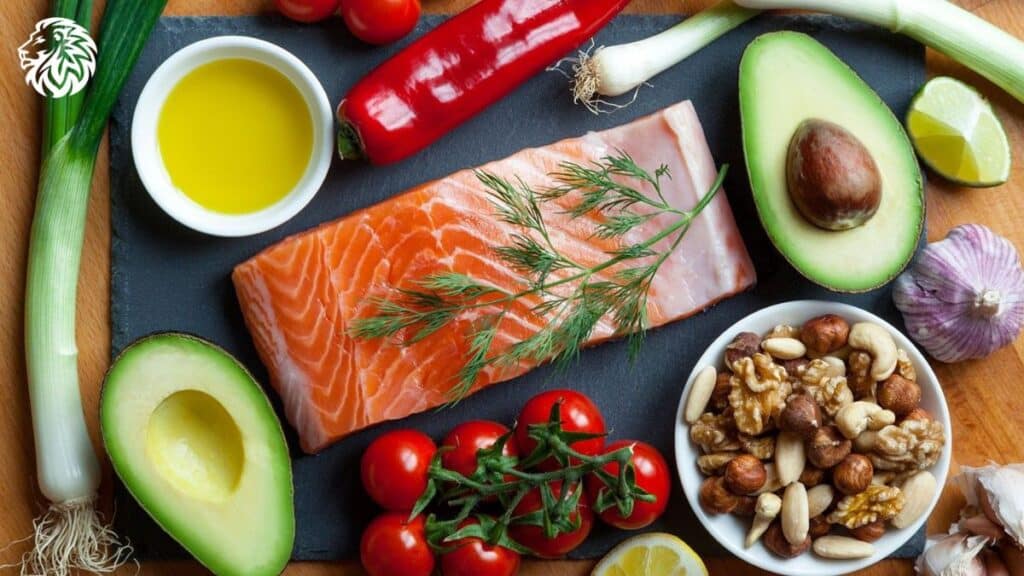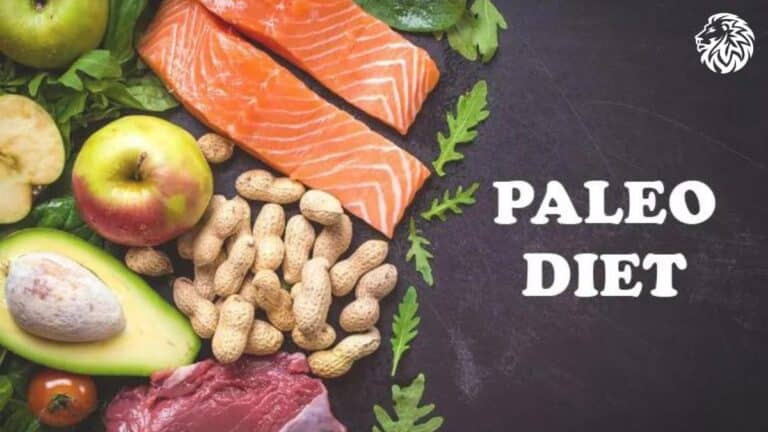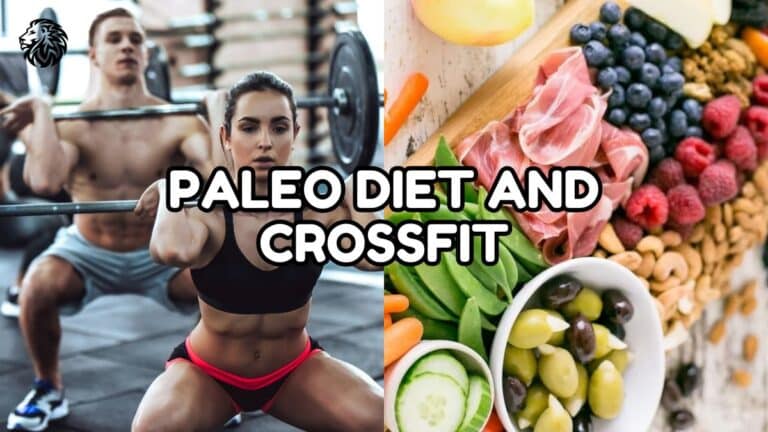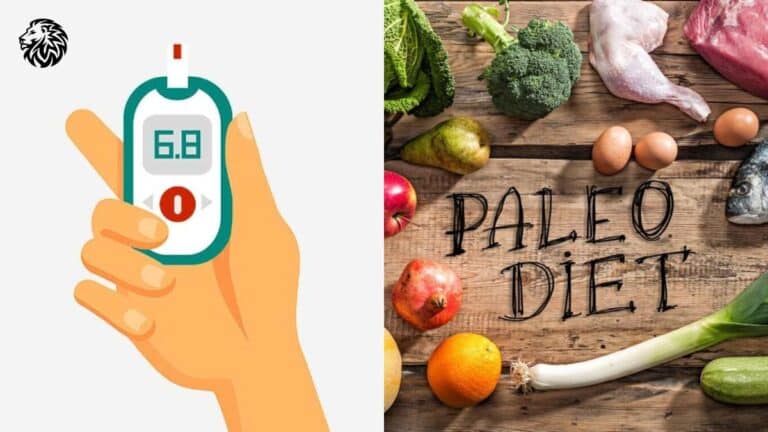In recent years, there has been a significant surge in interest surrounding dietary choices, propelled by a growing awareness of the crucial role diet plays in overall health and wellness. Amidst a plethora of dietary plans and philosophies, three diets have emerged as particularly popular and often debated: the Ketogenic (Keto) diet, the Paleolithic (Paleo) diet, and the Mediterranean diet. Each of these diets is unique in its approach to food choices, nutritional balance, and overall health benefits, attracting followers worldwide with their promises of improved health, weight loss, and disease prevention.
The Keto diet, known for its high-fat, low-carb regimen, contrasts sharply with the Paleo diet, which advocates for a return to the eating habits of our Paleolithic ancestors. Meanwhile, the Mediterranean diet, with its emphasis on plant-based foods, healthy fats, and moderate consumption of fish and poultry, offers a more balanced approach. This article aims to delve into a comprehensive comparison of these three diets, examining their principles, nutritional content, health benefits, potential drawbacks, and adaptability to modern lifestyles. By exploring these aspects, we aim to provide readers with an insightful and objective view of each diet, aiding in informed decisions about their dietary choices in pursuit of health and wellness.
What Are These Diets?

Ketogenic Diet
- Definition and History: The Ketogenic, or ‘Keto’, diet is a high-fat, low-carbohydrate eating plan initially developed in the 1920s for treating epilepsy in children. Over time, it has gained popularity as an effective method for weight loss and managing various health conditions.
- Key Principles: The core principle of the Keto diet is to drastically reduce carbohydrate intake and replace it with fat, leading the body into a state of ketosis. In ketosis, the body efficiently burns fat for energy instead of carbohydrates.
- Typical Foods Included and Avoided: The diet emphasizes foods like meats, fatty fish, eggs, butter, heavy cream, cheeses, nuts, avocados, oils, and low-carb vegetables. Foods to avoid include grains, sugar, fruit, and tubers.
Paleo Diet
- Definition and Origins: The Paleo diet, also known as the Paleolithic or ‘caveman’ diet, is based on the presumed dietary habits of ancient humans during the Paleolithic era. The idea, popularized in the 1970s, suggests that modern humans should eat like their hunter-gatherer ancestors for optimal health.
- Focus on Whole Foods and Exclusion of Processed Foods: This diet focuses on consuming whole foods that could be hunted or gathered, such as lean meats, fish, fruits, vegetables, nuts, and seeds. It excludes processed foods, grains, legumes, and dairy.
- List of Permissible and Non-Permissible Foods: Permitted foods include grass-fed meats, fish, fresh fruits and vegetables, eggs, nuts, and seeds. Foods to avoid are grains, legumes, dairy products, refined sugar, salt, and processed oils.
Mediterranean Diet
- Historical Background and Cultural Context: The Mediterranean diet is inspired by the traditional eating habits of countries bordering the Mediterranean Sea, particularly Greece, Italy, and Spain, during the mid-20th century. It’s known for its links to long life spans and lower rates of chronic disease in these regions.
- Emphasis on Plant-Based Foods, Healthy Fats, and Moderate Meat Intake: Central to this diet is a high consumption of vegetables, fruits, whole grains, legumes, and olive oil. Fish and poultry are eaten in moderation, while red meat is limited.
- Common Foods and Dietary Pattern: Key components include whole grains, fruits, vegetables, legumes, nuts, seeds, olive oil, and moderate amounts of fish and poultry. Red meat, processed foods, and sweets are consumed infrequently. The diet also emphasizes enjoying meals with family and friends, and moderate wine consumption.
Nutritional Breakdown

Comparison of Macronutrient Distribution in Each Diet
- Ketogenic Diet: Primarily focuses on high fat (70-80% of daily calories), moderate protein (15-20%), and very low carbohydrate intake (5-10%). The drastic reduction in carbs and increase in fats shifts the body’s metabolism towards fat and ketone utilization.
- Paleo Diet: Features a balanced distribution of macronutrients, with no specific percentages prescribed. It typically includes more protein and fat compared to standard diets, with a lower carbohydrate intake, primarily from fruits and vegetables.
- Mediterranean Diet: Characterized by a moderate to high intake of fat (primarily from olive oil and nuts), moderate carbohydrate (primarily from whole grains, fruits, and vegetables), and moderate protein sources, mainly from fish and poultry.
Discussion of Micronutrient Availability and Diversity
- Ketogenic Diet: While rich in certain micronutrients from leafy greens, seafood, and nuts, the restriction of fruits, whole grains, and certain vegetables can lead to deficiencies in vitamins and minerals such as Vitamin C, potassium, and magnesium.
- Paleo Diet: Generally offers a diverse range of micronutrients due to the emphasis on fruits, vegetables, nuts, and seeds. However, excluding dairy and grains can lead to lower intakes of calcium and B vitamins.
- Mediterranean Diet: Known for its micronutrient diversity due to the wide variety of fruits, vegetables, whole grains, and legumes. It generally provides ample vitamins, minerals, and dietary fiber, contributing to overall micronutrient adequacy.
Analysis of Potential Nutritional Deficiencies or Excesses in Each Diet
- Ketogenic Diet: Potential deficiencies include fiber, Vitamin C, and certain B vitamins due to low carb intake. There’s also a risk of high saturated fat intake, which may affect heart health in some individuals.
- Paleo Diet: Risks include deficiencies in calcium and vitamin D due to the exclusion of dairy, as well as potential low carbohydrate intake, which could impact energy levels and fiber intake.
- Mediterranean Diet: This diet is generally well-balanced but may lead to excessive calorie intake if not portion-controlled, especially from high-fat foods like nuts and oils. However, it typically doesn’t pose significant risks of nutrient deficiencies.
Health Benefits

Ketogenic Diet
- Weight Loss: The Keto diet is effective for rapid weight loss. The high fat and protein content leads to increased satiety, reducing overall calorie intake. Additionally, the state of ketosis is highly efficient in burning stored fat for energy.
- Blood Sugar Control: It can significantly lower blood sugar levels and improve insulin sensitivity, making it a potentially beneficial diet for people with type 2 diabetes or those at risk of developing it.
- Neurological Conditions: Originally developed to treat epilepsy, the Keto diet has shown promise in managing other neurological conditions, such as Alzheimer’s and Parkinson’s disease, although more research is needed in these areas.
Paleo Diet
- Weight Loss: The Paleo diet can contribute to weight loss, mainly through the elimination of processed foods and an emphasis on whole, nutrient-dense foods. Its high protein content can also increase metabolism and reduce appetite.
- Improved Metabolic Health: By focusing on whole foods and eliminating processed items, the Paleo diet can improve markers of metabolic health, such as blood pressure, cholesterol levels, and blood sugar levels.
Mediterranean Diet
- Cardiovascular Benefits: Numerous studies have shown that the Mediterranean diet is associated with a reduced risk of cardiovascular diseases. The diet’s high content of healthy fats, particularly omega-3 fatty acids from fish and monounsaturated fats from olive oil, contributes to heart health.
- Longevity: The Mediterranean diet has been linked with increased life expectancy, attributed to its high antioxidant content and balanced approach to nutrition.
- Overall Health Improvement: Apart from cardiovascular and longevity benefits, this diet is also associated with reduced risks of various chronic diseases, including certain types of cancer, neurodegenerative diseases, and type 2 diabetes. Its balance of nutrients supports overall physical and mental well-being.
Challenges and Considerations

Ketogenic Diet
- Sustainability and Practical Challenges: The Keto diet’s strict carbohydrate limit can make it difficult to maintain long-term. Adhering to the diet requires significant changes to eating habits and constant monitoring of carb intake, which can be challenging in social settings or when dining out.
- Long-term Adherence and Lifestyle Integration: The restrictive nature of the diet may lead to a sense of deprivation, potentially impacting mental health and social life. The diet’s high-fat content may also not align with traditional dietary patterns in many cultures.
- Potential Side Effects or Health Risks: Known side effects include the “keto flu,” characterized by fatigue, headache, and irritability during the initial phase. Long-term risks could include liver and kidney problems, nutrient deficiencies, and an increased risk of heart disease due to high saturated fat intake.
Paleo Diet
- Sustainability and Practical Challenges: The exclusion of grains, legumes, and dairy can be difficult for many people, both in terms of meal planning and because these food groups are staples in many diets worldwide.
- Long-term Adherence and Lifestyle Integration: Completely avoiding processed foods and grains can be challenging in modern society, where these foods are prevalent and often more affordable and convenient than whole food alternatives.
- Potential Side Effects or Health Risks: Potential risks include calcium and Vitamin D deficiencies due to the absence of dairy products. There is also a concern about the high intake of red meat, which could be associated with increased risk of certain diseases if consumed in excess.
Mediterranean Diet
- Sustainability and Practical Challenges: The Mediterranean diet is generally considered more sustainable and easier to adhere to than Keto or Paleo. However, access to fresh, whole foods and the cost associated with them can be a barrier for some.
- Long-term Adherence and Lifestyle Integration: This diet is often praised for its balance and variety, making it more adaptable to different lifestyles and cultures. However, it requires a commitment to cooking and meal preparation, as it emphasizes fresh ingredients.
- Potential Side Effects or Health Risks: There are few known risks associated with the Mediterranean diet. However, individuals may consume high amounts of calories if not mindful of portion sizes, especially with high-fat foods like nuts and oils.
Lifestyle and Cultural Adaptation

Ketogenic Diet
- Fit with Modern Lifestyles and Cultural Eating Patterns: The Keto diet can clash with modern eating patterns that are typically high in carbohydrates. Many cultural cuisines, like those in Asian and Mediterranean regions, are centered around carb-rich foods (rice, pasta, bread), making adherence challenging.
- Adaptability to Various Cultural Cuisines: Adapting Keto to different cuisines requires significant modifications, like replacing staple grains with low-carb alternatives. However, it can fit well with cuisines that naturally emphasize meats and high-fat dairy.
Paleo Diet
- Fit with Modern Lifestyles and Cultural Eating Patterns: The Paleo diet’s exclusion of grains, dairy, and processed foods can conflict with modern dietary habits where these food groups are prevalent. Many traditional dishes would be off-limits or require substantial modification.
- Adaptability to Various Cultural Cuisines: Paleo can be somewhat adaptable as most cultures incorporate meat and vegetables. However, the strict rules around grains, legumes, and dairy make it less flexible for integrating into varied cultural cuisines without significant alterations.
Mediterranean Diet
- Fit with Modern Lifestyles and Cultural Eating Patterns: The Mediterranean diet is more aligned with contemporary dietary recommendations for health, emphasizing fruits, vegetables, whole grains, and healthy fats. It can be easily integrated into a modern lifestyle.
- Adaptability to Various Cultural Cuisines: This diet is highly adaptable to different cuisines as it focuses on common elements like fresh produce, grains, and lean proteins. Its principles can be applied to a wide range of cultural dishes, making it one of the more versatile and inclusive diets.
Expert Opinions

Ketogenic Diet
- Insights from Professionals: Nutritionists and healthcare professionals recognize the Keto diet’s benefits for rapid weight loss and improved blood sugar control. However, many express concerns about its long-term sustainability and potential heart health risks due to high saturated fat intake.
- Scientific Research: Studies support the effectiveness of the Keto diet in short-term weight loss and managing type 2 diabetes. However, research also cautions against potential adverse effects on heart health and the lack of long-term studies to understand its broader implications.
Paleo Diet
- Insights from Professionals: Dietitians often appreciate the Paleo diet’s emphasis on whole foods and elimination of processed items. Yet, they also point out the potential nutritional deficiencies, particularly in calcium and vitamin D, due to dairy exclusion.
- Scientific Research: Research indicates potential benefits in weight loss and metabolic health improvement. Critics of the diet, however, question the exclusion of entire food groups like grains and legumes, which are part of recommended dietary guidelines and are known to support good health.
Mediterranean Diet
- Insights from Professionals: Nutritionists and health experts widely endorse the Mediterranean diet for its balanced approach and diverse nutrient profile. It’s often recommended for heart health, longevity, and overall wellness.
- Scientific Research: Numerous studies corroborate the diet’s benefits in reducing the risk of cardiovascular diseases, improving lifespan, and lowering the incidence of various chronic diseases. It is often cited as one of the most healthful dietary patterns, supported by extensive scientific evidence.
Conclusion
In this exploration of the Ketogenic, Paleo, and Mediterranean diets, we’ve delved into the unique aspects of each, uncovering their principles, nutritional profiles, health benefits, challenges, cultural adaptability, and expert perspectives.
The Ketogenic Diet stands out for its high-fat, low-carbohydrate approach, offering significant benefits in weight loss and blood sugar control, but facing challenges in long-term sustainability and potential heart health risks. The Paleo Diet, with its focus on whole foods and exclusion of processed foods, is lauded for potential weight loss and metabolic health benefits, but raises concerns over nutritional deficiencies due to the exclusion of dairy and grains. The Mediterranean Diet, celebrated for its balance and diversity, shows considerable advantages for cardiovascular health, longevity, and overall wellness, making it a popular choice among health professionals.
Choosing the right diet should be a highly individualized decision, taking into account personal health needs, dietary preferences, and lifestyle. No one diet fits all, and what works for one person may not work for another. It’s crucial to consider not just the short-term benefits but also the long-term sustainability and how a diet integrates into one’s daily life and cultural practices.
Finally, the field of dietary science is continually evolving. What we understand today about nutrition and health is the culmination of years of research, yet it remains a dynamic and ever-expanding field. As we learn more about the complex interactions between diet, health, and lifestyle, the advice and recommendations will inevitably adapt and change. Therefore, staying informed and open to new information while making mindful, health-focused dietary choices is essential. This journey towards optimal health is personal and ongoing, and understanding these popular diets is a step towards making informed, healthful choices in our daily lives.







